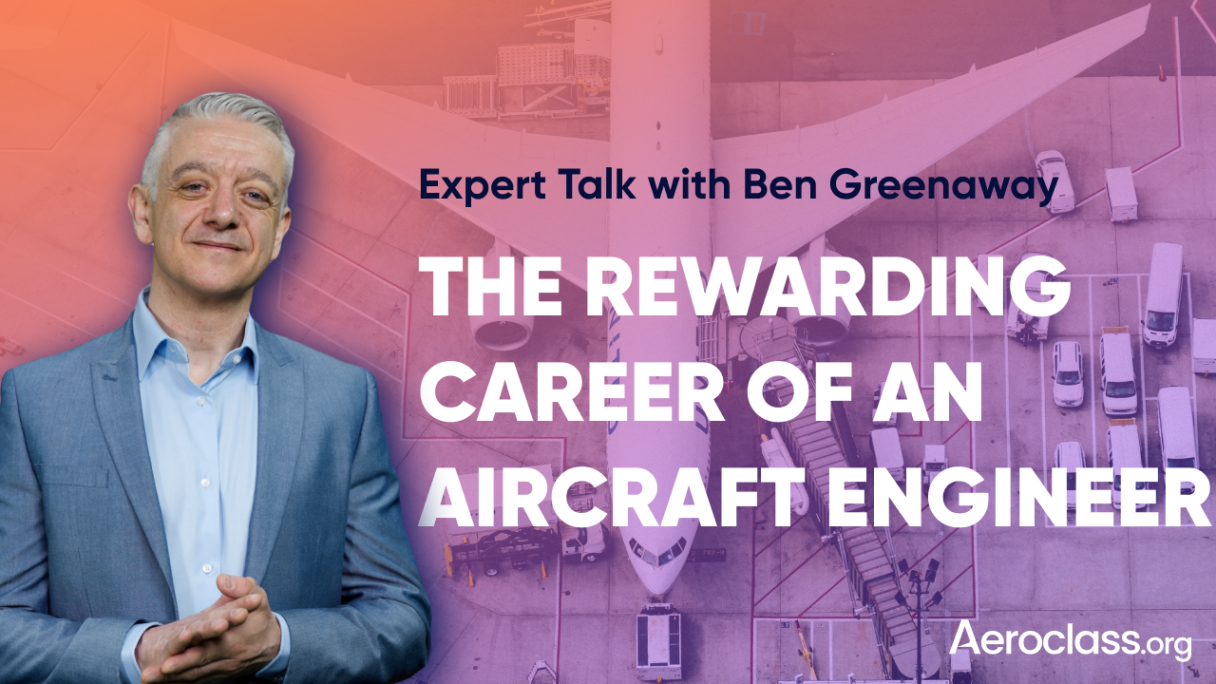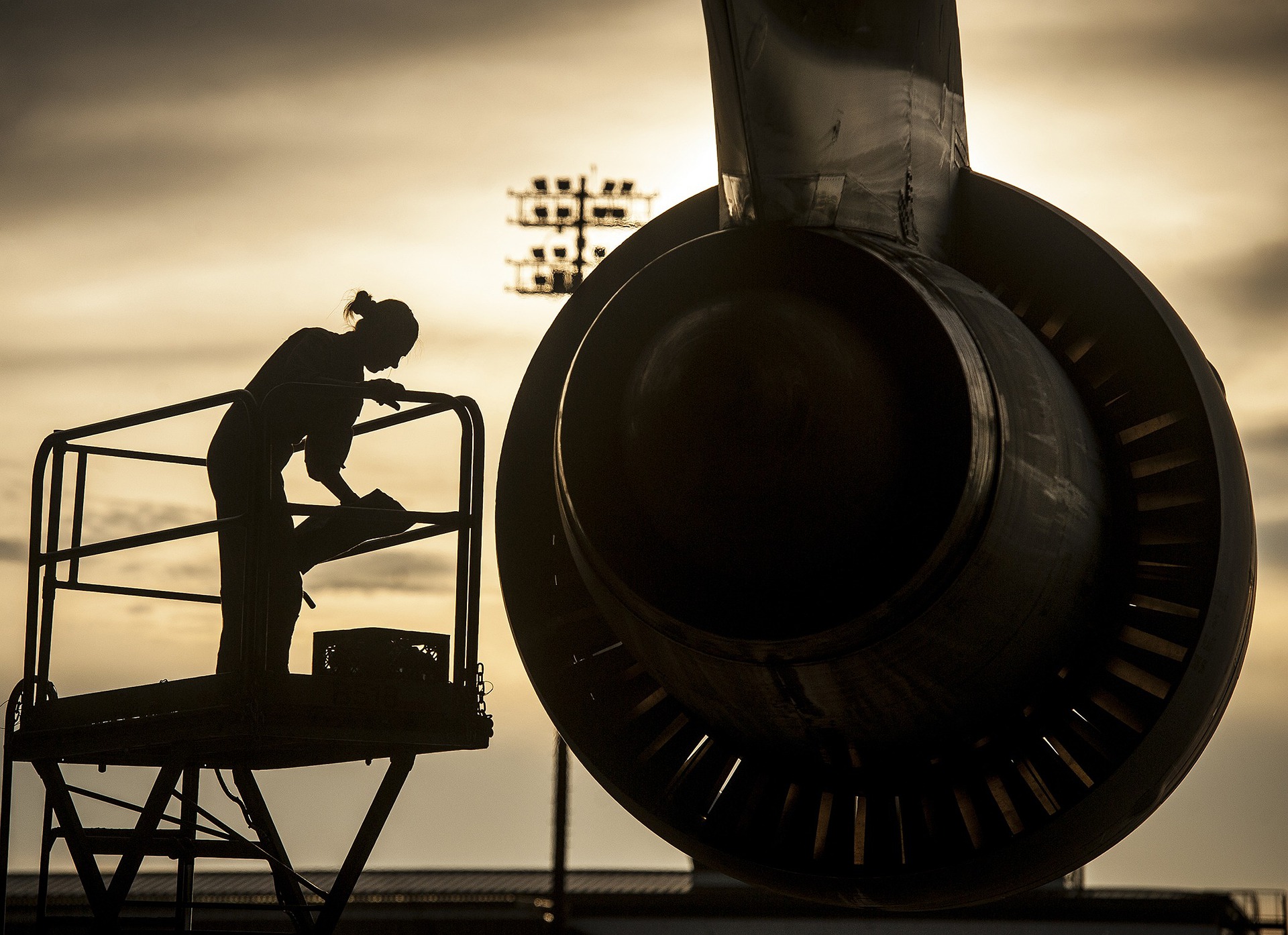Elevator SMS: Safety or Bureaucracy First?
Instructors · 2 min read
Whether you are planning a trip or just dreaming of one, check our recommendations for the best airlines to fly to Japan!

If you’re seeking a career that makes a difference and offers exciting opportunities to explore the world, look no further than aircraft engineering. This blog article delves into the various aspects of this profession, drawing from a recent video interview with experienced aircraft engineer and Aeroclass instructor, Ben Greenaway.
Aircraft engineers are pivotal in ensuring air travel safety. In his Expert Talk, Ben emphasizes that their role extends beyond simply maintaining aircraft; they are responsible for “checking those safety systems” as well. This involves inspecting various systems, including escape slides, life jackets, and other emergency equipment. By conducting these checks, aircraft engineers minimize the risk of accidents and ensure the safety of all passengers and crew.
Over time, safety in the aviation industry has seen considerable advancements. As Ben highlights, the industry is adept at “improving and putting safeguards in place.” Contemporary aircraft are now equipped with multiple backup systems, with numerous mechanisms being duplicated or triplicated to reduce the probability of failure. Nonetheless, human involvement in air travel safety is a double-edged sword – while it is largely a blessing, it can also be an extremely rare source of potential risk.

Therefore, working as an aircraft engineer, one develops a comprehensive understanding of both safety theory and the history and development of aviation systems. Studying past incidents and accidents provides valuable insight into why certain safety protocols exist today. This knowledge equips future engineers with a unique perspective on aviation and contributes to their growth in the field.
Despite its rewarding nature, the career is not without challenges. One challenge that aircraft engineers face is maintaining a high level of professionalism while performing their work and pursuing their license. To become a licensed aircraft engineer, candidates must pass rigorous exams and assessments, demonstrating their expertise. Ben emphasizes that failing exams and assessments is not uncommon, but persistence and dedication are crucial for success in this field.
Aircraft engineering offers abundant opportunities for travel and personal growth. As Ben shares, “aviation in general, any role in aviation, it’s great to be involved in because it’s international.” By working in this field, individuals gain the chance to experience new cultures and see the world from a unique perspective. Moreover, a career in aircraft engineering serves as a source of pride for one’s family. As Ben humorously points out, becoming an aircraft engineer allows parents to proudly say, “my son or my daughter is an aircraft engineer.”
For those passionate about aviation and seeking a fulfilling career, aircraft engineering is an excellent choice. Check out Ben Greenaway’s Expert Talk to gain a better understanding of what to expect and the steps to take in pursuing this exciting career path.
Instructors · 3 min read
With or without altitude, Christiaan van der Heijst, can produce splashy and utterly lively impressions and wildly sensations. The emotions he creates are a reflection of artsy talent. It inspires young and old to look at things differently. Speaking off…
Instructors · 2 min read
Aviation is a traditional industry that has been around for over a century. Despite the technological advancements and innovations that have occurred in recent years, it is often considered one of the most backward industries.

